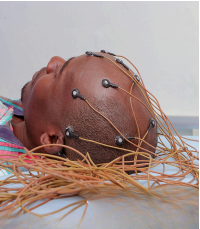Epilepsy Symptoms, Causes & Treatment Options in Uganda: What You Need to Know
Epilepsy affects thousands in Uganda, yet many struggle without a proper diagnosis. This post breaks down the most common symptoms, causes, and available treatments. Discover how early EEG testing at Kampala EEG Lab can offer clarity, support, and a better quality of life for those living with seizures.


